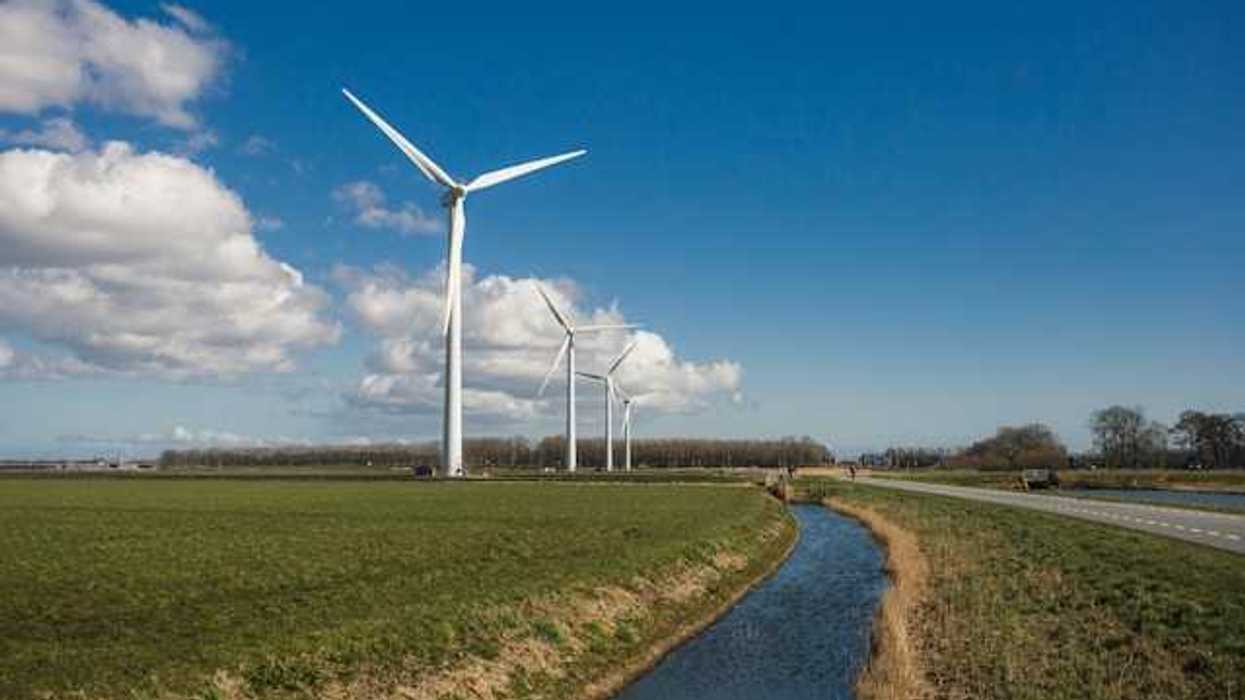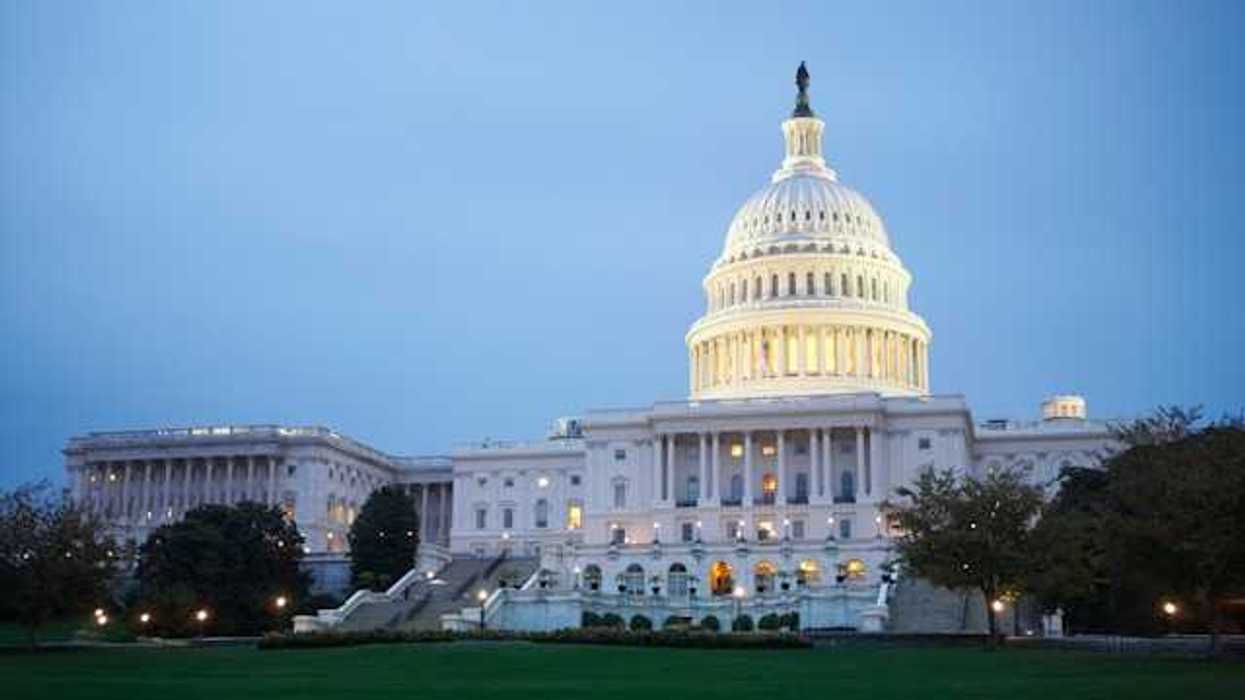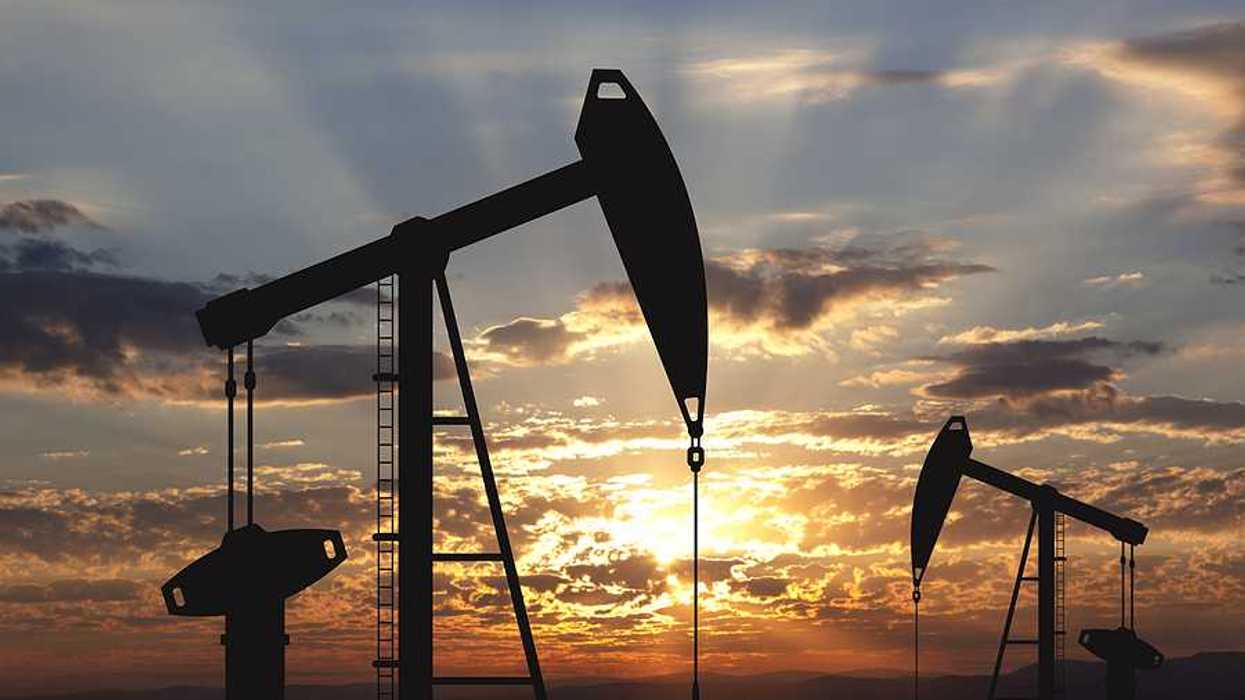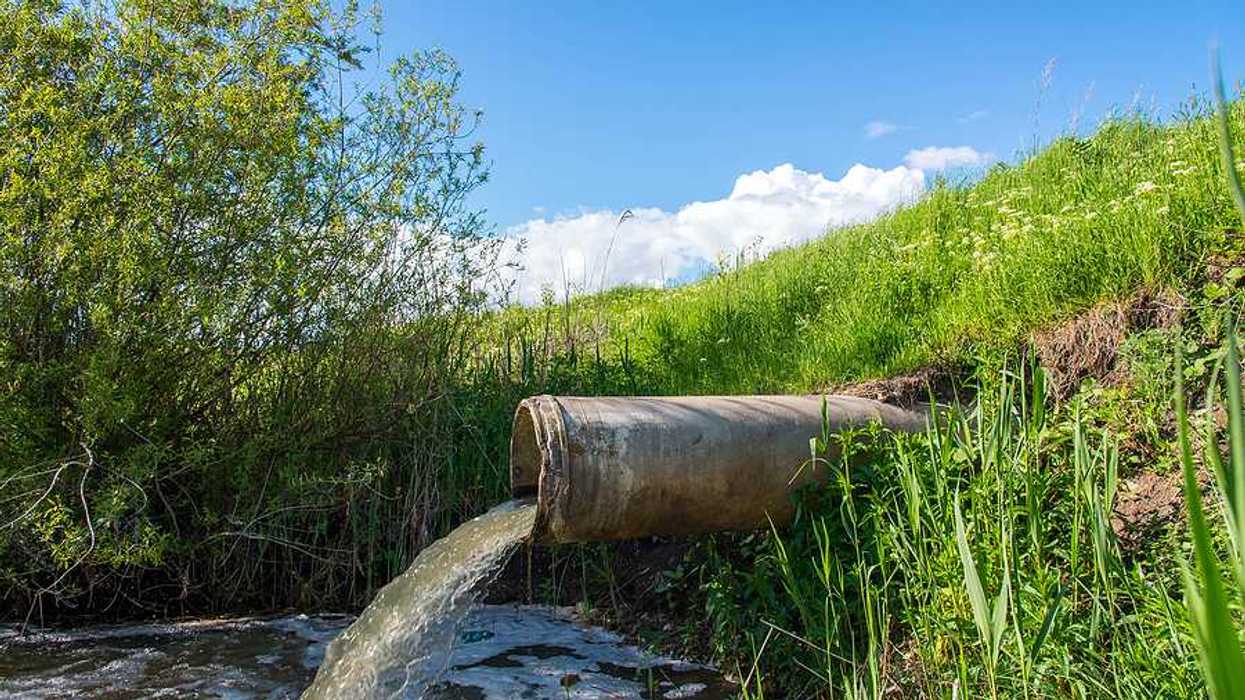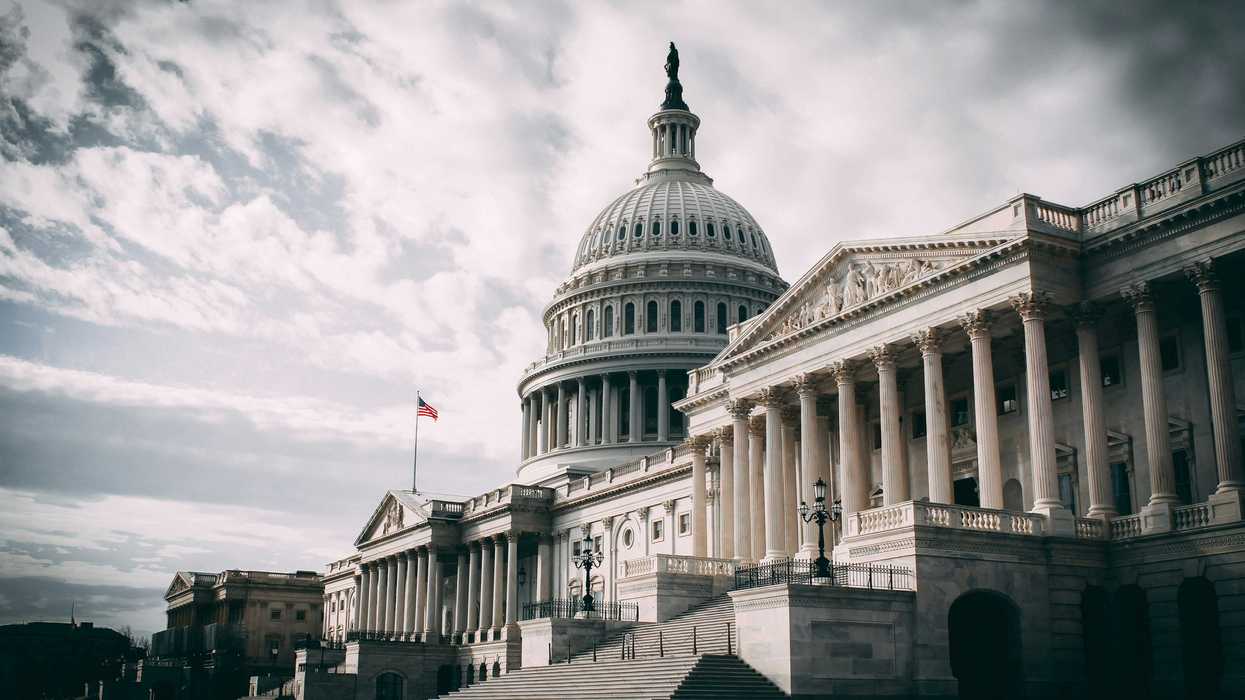Since returning to office in January, President Donald Trump has peeled back climate and health protections, driving up household costs, weakening pollution safeguards, and stalling clean-energy progress across the country.
In short:
- The One Big Beautiful Bill Act boosts coal and oil while ending clean-energy credits, a move analysts say could hike household power bills up to 18% by 2035.
- Deep staff and budget cuts at federal agencies are eroding pollution enforcement, food safety labs, and hurricane tracking at a moment of rising climate risk.
- Tariffs, transit freezes and the loss of Energy Star and EV incentives threaten to push up grocery prices, commute costs, and carbon pollution nationwide.
Why this matters:
When Washington throttles clean-energy growth, relaxes fuel and appliance rules and sidelines climate scientists, pollution climbs and bills follow. Fossil-fuel plants run longer, sending smog and heat-trapping gases into neighborhoods already breathing the dirtiest air. Delayed PFAS limits keep “forever chemicals” in kitchen taps, while weaker food-safety labs raise the odds of outbreaks in an era of warming-driven pathogens. Meanwhile, canceled resilience grants and hollowed-out weather offices leave coastal and inland towns less prepared for hurricanes, floods, and wildfire smoke. The cumulative effect is a quieter but steady erosion of public health, household wealth, and the nation’s capacity to adapt successfully.
Read more: Red states face steep rise in energy bills as renewable tax cuts take effect





